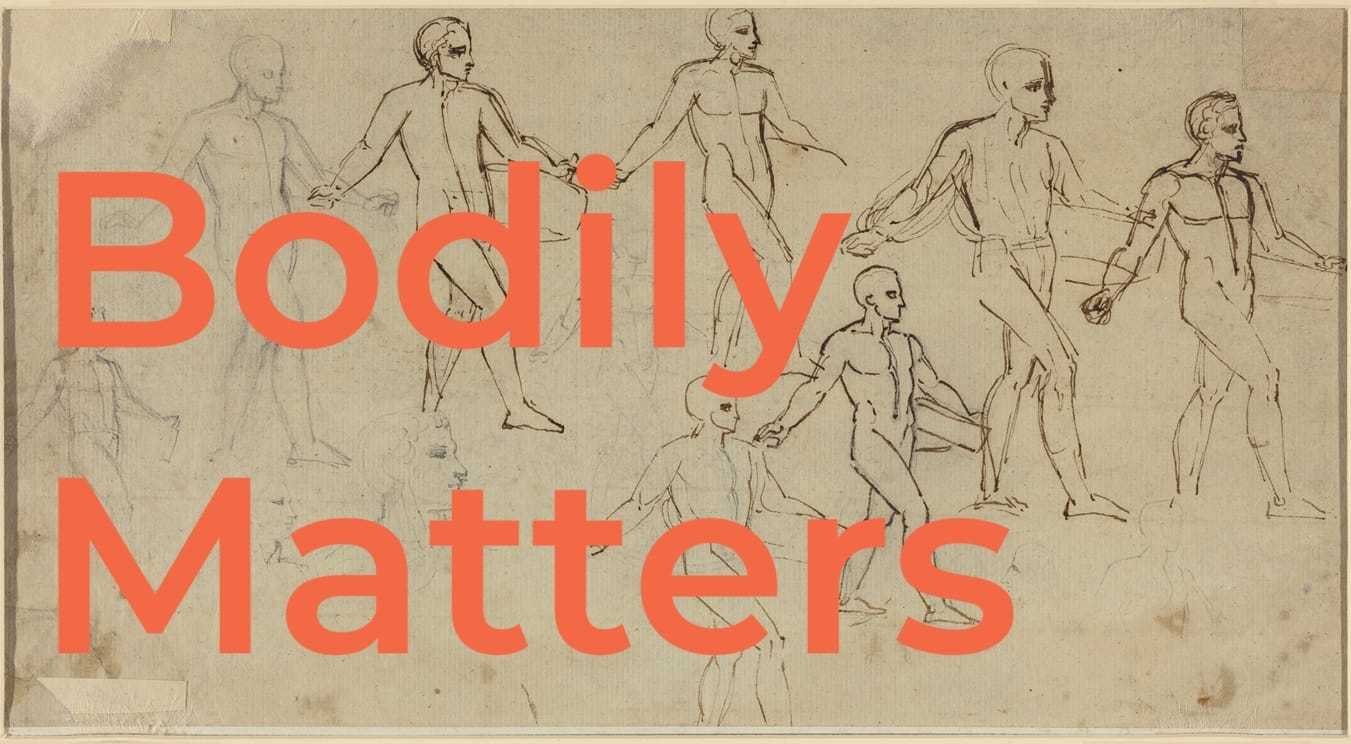Thinking about Seasonality as Embodied Ecology

-or-
A Reflection on Situating Health within Cycles of Time and Place
Transcript:
I’ve always been interested in different systems of reckoning time, and the impact of cycles of time on the human body. Living for some decades in a body with a menstrual cycle made the impact of at least one of these self-evident, but beyond trading notes with people cursed by monthly blood sacrifice, clinical practice confirmed that whether or not they realize it, all people are influenced by these broader lunar and seasonal rhythms. We bundle up in winter and wear shorts and sandals in summer. We likely want warmer, heartier, and more carb-heavy meals in winter, and lighter, fresher fare in summer. Big seasonal changes are obvious, but how about the more subtle changes that take us from one season to the next?
In ancient Chinese and East Asian culture, lunar as well as solar calendars were used, with the solar calendar functioning as an agricultural calendar. In this system there were 24 “seasonal nodes,” or jie2qi, each of which further separated into 3 periods, making 72 micro seasons, if you know what to look for, when.
I almost talked myself out of doing this project after starting it, because while the micro seasons are visible enough here in Taipei, I know they don’t line up in other places. In the past ten years I’ve lived in Berlin, Baltimore, and Boulder, Colorado; in Boulder heavy snows may continue through late April or even early May, preventing the riot of blooms already proliferating in lower elevations or warmer latitudes; in Baltimore and D.C. the cherry blossoms gifted by the Japanese government many decades ago bloom some weeks before they do in Japan; and in my hometown of Los Angeles, the tenderness of spring elsewhere is already a hot and rainless mediterranean summer. We’re all living in different geographies and experiencing different climates at a time where like it or not change is inevitable if not bygone. Hell, there’s even an entire hemisphere for which seasons are (relatively speaking) backwards. Why think about seasonality?
First, even if the timeline/progression maps out a bit differently, we humans are still animals living within broader ecosystems, and it’s good to have a reminder of our place within them. Many of us live locked into in built rather than natural landscapes. Within cities, or paved over suburban spaces, nature can easily feel other rather than something we are connected to. If it’s not raining or snowing or searingly hot, we don’t need to think too much about it, when air-conditioning or heating systems can keep us comfortable year-round. Nevertheless, just as we adjust our clothing to the season, so, too, might we benefit from adjusting our daily habits and emotional responses.
Seasons are not just climate, they’re also a cycle of growth, flourishing, decay, and renewal externalized around us. Honoring these changes is a way to re-root our animal beings in a broader ecological web, a subtle rebellion against the linear, flattened time imposed on us by life under late-stage capitalism.
More people I know than not read astrology columns (or blogs, or posts, as people not born in the 19th century probably call them) for daily advice. How much of this advice seeking is coming from the shallow rooting and lack of natural connection inherent to the conditions of modern urban life? No judgement, but what if the natural world could itself be a mirror, prompting you not only to look within, but also suggesting subtle adjustments you can make – adjustments to sleep, diet, and exercise – to help improve your quality of life?
I don’t know your exact health condition, geography, or situation. This is not medical advice, per se. But it is an argument that the answer to what’s ailing you is not always a consumer choice, but an ecological one. By which I mean making an active decision to reorient yourself / your life style toward living in greater harmony and integration with the world around you. This is an invitation to become better rooted – within yourself, your community, and your world. To make choices that respect yourself and the precarity of your – of all of our – existences on this fragile and irreplaceable planet we all call home. Our bodies, and our worlds, are not so different, really. So let’s explore that connection together, starting by learning about seasonal changes, and how we can better adjust our bodies within them.
